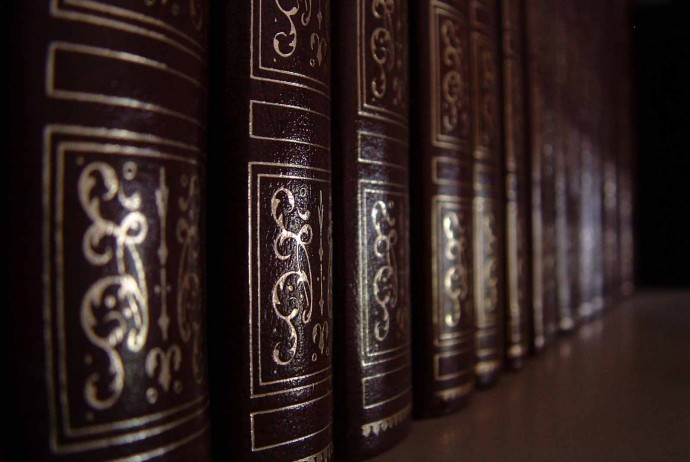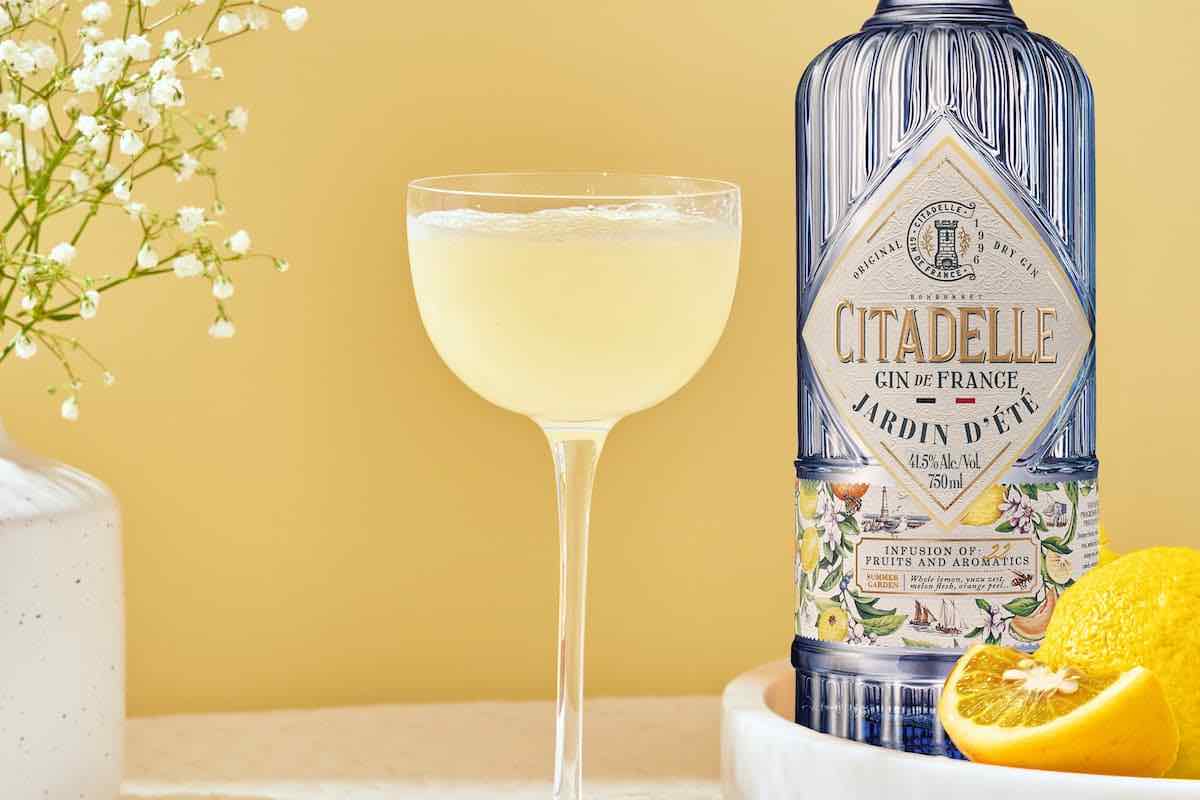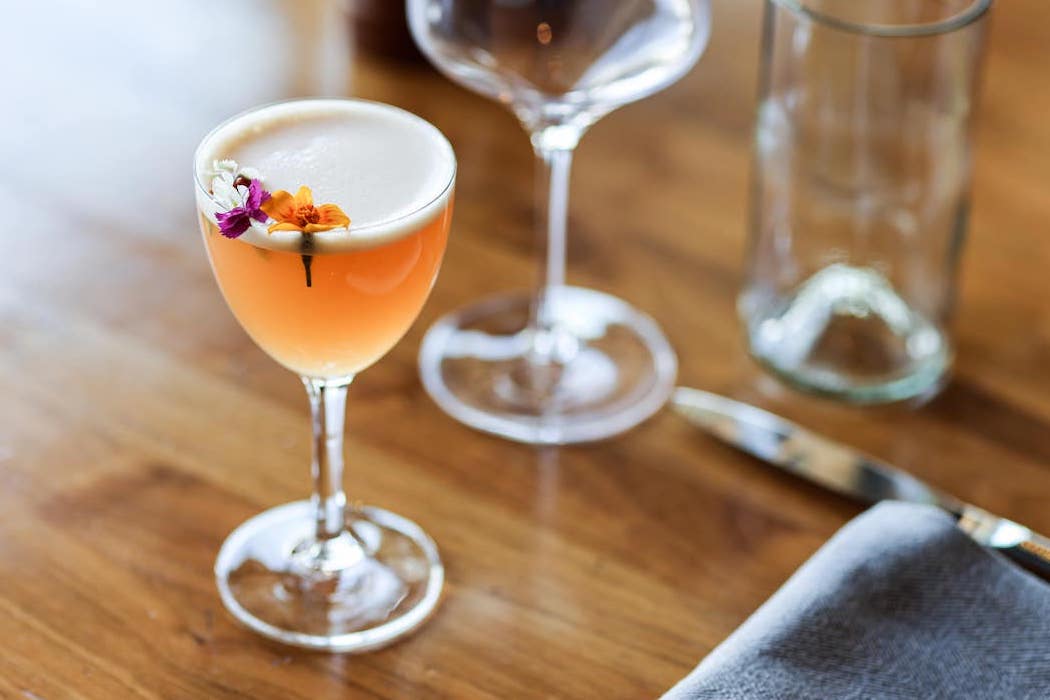Photo: Rob Milsom
Bevvy staffers hail from all over the country, so many of us non-native Californians grew up with some pretty restrictive—and often bizarre—laws concerning the sale, distribution, and consumption of alcohol in our home states. The explosion of craft breweries and distilleries in recent years has prompted the repeal of some of the most intrusive statutes, but a good number of truly obscure regulations are still on the books. Today we’re taking a tour of the most outdated, irritating, and occasionally hilarious liquor laws this country has to offer.
Cowboy DUIs in Colorado
While it might seem like a preferable alternative to driving home after a long night at the bar, riding a horse under the influence of alcohol is treated just as seriously in Colorado. As recently as 2013, a man was arrested by University of Colorado Police and charged with a DUI when he drunkenly attempted to ride a horse to his brother’s wedding over 600 miles away in Utah. It’s important to note that he was also holding up traffic, illegally carrying a pistol, and reportedly hitting the horse when frustrated motorists finally called the cops, so perhaps this was as much a case of just generally being a hazardous jerk as it was an application of obscure liquor laws.
Warm Beer in Indiana and Oklahoma
If you live in either of these states, you’d better make sure to plan your barbecues well in advance. Oklahoma state law prohibits the sale of refrigerated alcoholic beverages that are in excess of 4.0% ABV, meaning that white wine and higher-alcohol craft brews have to be chilled at home. In Indiana, grocery stores and gas stations aren’t allowed to sell any cold beer at all, although it can still be purchased at licensed package stores. But fear not, fair Hoosiers and Sooners: the Indiana law is currently being challenged in federal court, while a bill to allow the sale of refrigerated “high-point” beer is making its way through the Oklahoma legislature.
Behind the Zion Curtain
It’s probably safe to say that Utah has a… complicated relationship with alcohol. This has perhaps never been more apparent than with the so-called “Zion curtain,” an opaque barrier behind which restaurants opened after 2009 are required to pour alcoholic beverages. The idea behind the barriers is to shield impressionable children from, we suppose, the very existence of liquor altogether, but the law has proven fairly unpopular with a majority of Utahns. A number of attempts to repeal or reform it have failed, but a recent proposal seems to show a bit more promise.
No Happy Hours in Massachusetts
This one is pretty straightforward, but nonetheless disappointing for bar-hoppers in the most populous state in New England. Massachusetts state law prohibits the sale of “any drinks at a price less than the price regularly charged for such drinks during the same calendar week, except at private functions not open to the public.” Yep, that means exactly what it sounds like it does: happy hours are explicitly against the law.
Pretty Much the Entirety of Kentucky’s Liquor Laws
Kentucky, home to some of America’s finest bourbon whiskey, is an absolute mess when it comes to perplexing alcohol regulations. They’ve even admitted it themselves—in 1985, a Kentucky Supreme Court justice described the state’s liquor laws as a “maze of obscure statutory language” and “confusing at best,” and in 2012 the general counsel of the Office of Alcoholic Beverage Control agreed that was “still the case.” Beyond the rather gerrymandered list of dry, wet, and “moist” counties, and the seemingly arbitrary exceptions thereto, the often-conflicting statutes have led to some strange situations.
For example, if a grocery store manages to obtain one of the 70 different types of liquor licenses offered by the state, they’re still required to have a separate entrance to the section of the store with wine and distilled spirits to prevent underage employees from entering. Additionally, several of the world’s most famous bourbon distilleries are actually located in dry counties. Lobbying in recent years has seen many of them designated as “Qualified Historic Sites” that are allowed to serve small tastings, but most still face fairly significant restrictions. Though we usually try to stay out of politics, Kentucky seems long overdue for some pretty drastic reforms. Nothing a couple of Bulleit Old-Fashioneds at the General Assembly can’t fix, right?
Did we leave out a bizarre liquor law from your state? Let us know in the comments!




North Carolina has a similar “no happy hour law” to Massachusetts.